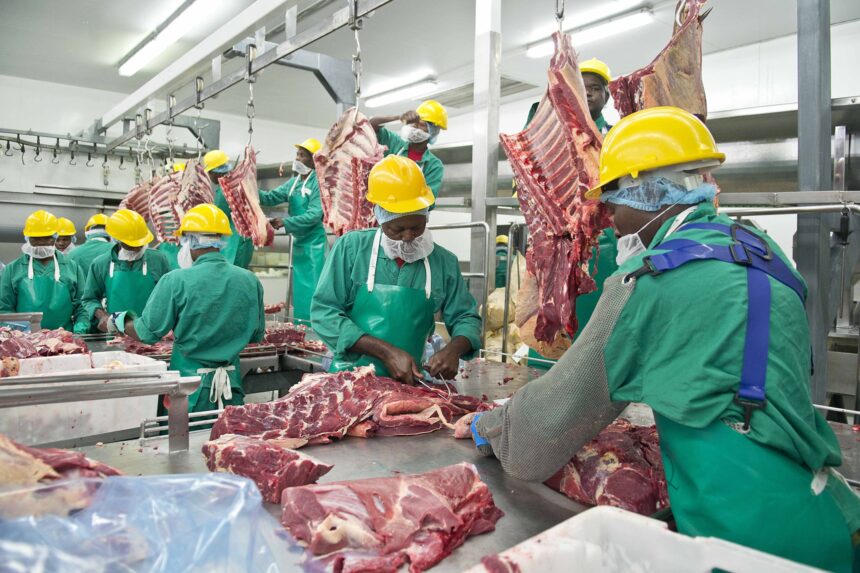The government, in collaboration with the Livestock and Livestock Products Board of Namibia (LLPBN), has again embarked on a mission to unlock export opportunities for the country’s beef to the highly-lucrative Middle East markets.
Delegations of senior officials from both the agriculture ministry and the LLPBN are in the Middle East, exploring further export opportunities for Namibian beef, particularly beef products from the north of the country’s veterinary cordon fence.
The Namibian delegation, which will be there until 17 July, will visit and explore export opportunities in Bahrain, which is one of the fastest growing and most lucrative beef markets in the Middle East.
The number of restaurants, fast-food chains and food delivery apps has significantly increased in Bahrain, and has now opened new market vents for that country to import additional tonnes of quality beef from outside the Middle East.
Namibia, which is globally renowned for its top-quality beef, is now eyeing that market opening, and plans to soon have its meat products from the country’s northern communal areas hitting the restaurants and store shelves in that country.
The Namibian delegation will also visit Saudi Arabia in search of similar opportunities, and will make a stop-over in Egypt, where interest in Namibian beef is on the rise.
“The LLPBN also participated on various visits to the United Arab Emirates (UAE), Qatar and Saudi Arabia. Namibia has already gained access to Qatar for beef from export abattoirs in northern communal areas. The primary challenge is obtaining Halal accreditation and certification, which should soon be resolved. Accessing Middle Eastern markets will bring promising benefits for beef from the northern communal areas,” said the LLPBN in a statement.
Halal certification ensures that meat-processing procedures adhere to Islamic dietary laws to make it acceptable for Muslims to consume.
If a product contains animals or animal by-products that are considered haram, then it cannot receive a Halal certification.
Any meat must be slaughtered in accordance with the methods prescribed under Islamic law, known as Zabihah.
Equally, during Namibia’s previous exploratory missions to the UAE and Qatar, the significance of Halal certification for exporting meat to Muslim-dominated countries was emphasised.
The political unrest in Sudan opened additional export opportunities for Namibian meat in the Middle East.
Previously, Middle Eastern countries imported 80% of their meat from Sudan, but the turbulence in that country had made further trade highly problematic. Another outstanding advantage is Namibia’s natural pastures, as there is strong consumer sentiment towards grass-fed meat, which does not have added growth hormones or the routine use of antibiotics.
-ohembapu@nepc.com.na



